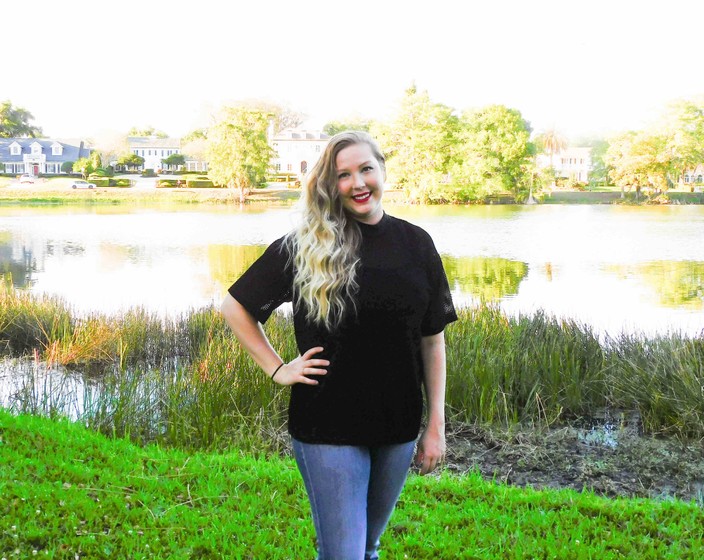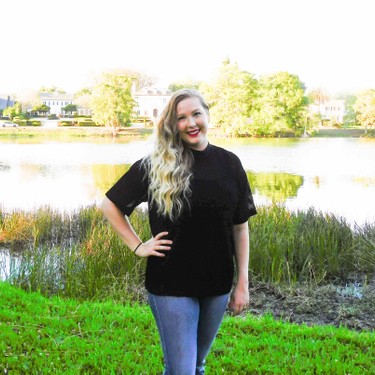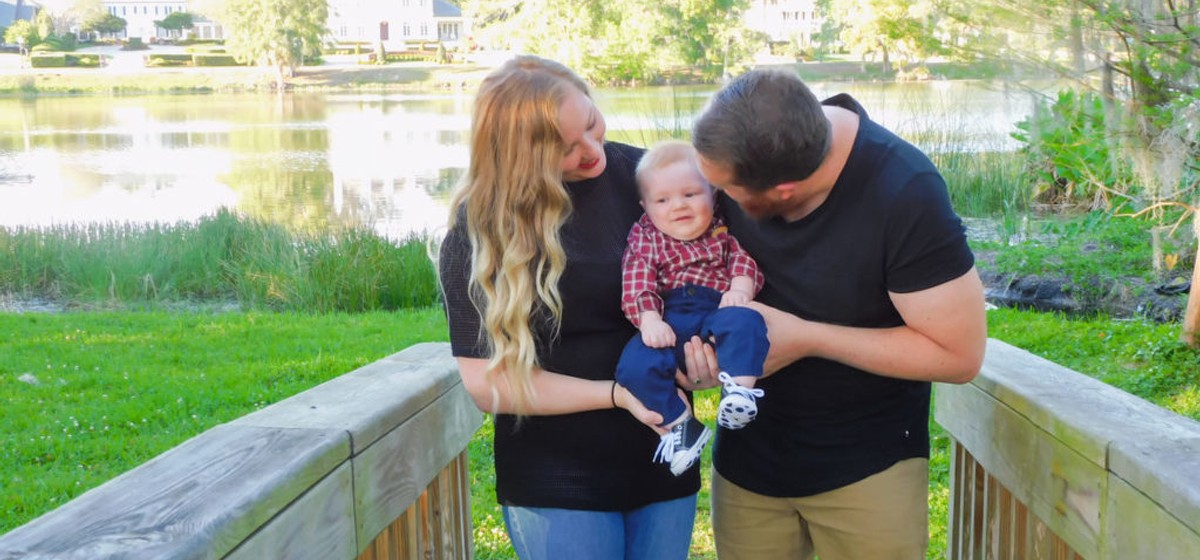Blogger Spotlight: Sustainability Champion, Marley of Marley’s Menu




Marley’s Menu, the brainchild of former sales executive Marley Goldin, features an exciting collection of pescatarian and vegetarian recipes. But more than that, Marley took her education in Environmental Science at the University of Georgia, her passion for sustainability, and her love for food and turned it into a refreshing and approachable resource for people making small steps to live more sustainably.
In this Q & A, Marley talks about the merging of her two biggest passions--cooking and sustainability--and offers us insights and helpful tips on how to reduce our footprints and create lasting impact.
I’ve always had an interest in the environment and our impact on it. I was actually pre-med at my school, the University of Georgia, but they didn’t have any specific pre-med tracks for undergraduates. We just had to pick any science degree, and when
I was going through the list and saw Environmental Health Science, it literally spoke to me! We took a lot of classes on air pollution, water pollution, and global warming, and changes that had to be made. But one thing we didn’t touch on that would spark my curiosity and interest to do what I’m doing now is food waste*. I think it was a missed opportunity, but it fueled my research to learn more about it on my own.
*From Marley: It is estimated that a whopping 40% of food gets tossed annually in the United States. For more insights about food waste and how you can minimize it, read Marley’s full article here.
It was my degree that made me cut out meat. I was actually a vegan for many years, but it didn’t work for my body. There are a lot of reasons why people can’t completely cut out meat, like health reasons and accessibility. For me, being pescatarian was the easiest way to reduce my meat consumption and make an impact while still feeling like I wasn’t being deprived of anything.
*From Marley: Farming and agriculture alone account for over 10% of our global greenhouse gas emissions in the way of nitrogen-emitting fertilizers, methane produced from manure, and energy used for harvesting, including the production of animal feed.
Oh, that’s a huge pillar that I’m standing on! I don’t want people to feel guilty or intimidated by any tips that I’m giving. There’s absolutely no judgement. Everyone can make a difference -- whether or not they want to go zero-waste and go vegan or just make better choices one day a week. I just want to be a voice of reason that says, “Just because you’re not doing it all, it doesn’t mean you can’t make an impact”.
*From Marley: According to the Meatless Monday campaign, skipping one serving of beef every Monday for a year saves the equivalent emissions to driving 348 miles in a car. Read more interesting sustainability facts and tips on Marley’s blog here.

I do understand that there might be some issues in terms of accessibility. If I give a tip like “shop organically because those farms use less pesticides which will lead to less run-offs and disruption to marine life”, that doesn’t mean I’m saying that every single thing in your cupboard needs to be organic, because I recognize that it’s more expensive to shop organically. What I am saying is that if you can just swap one thing in your carts to organic, you are still making an impact because the food industry, like any industry, is a business. It runs by supply and demand. As a consumer, we have power with our wallets, we have power in what we choose to buy, and the brands we choose to support. By switching out one item, and changing things here and there, you are telling the food industry that there is a want and a need for organic things.
I think it goes with what I’ve been saying about not underestimating the power that you have with where you spend your money. It’s a weird time right now and we can’t go to farmers markets, but you can choose to eat seasonally, to look for brands that are certified by UTZ and the Rainforest Alliance, and to do more research before you shop. If everyone does these little things, they add up.
Ultimately, the goal is to have enough people on board with making small changes to make the food industry recognize that consumers are knowledgeable and that there is a demand for products that are created more sustainably. With enough demand, the playing field for price will eventually level-out.
One thing that sounds silly and simple is: planning! When I make a recipe for a sauce or a marinade - for example, chimichurri - that week I will develop other recipes that use that sauce or marinade in five different ways. I don’t post them right away, because I want to spread them out, but I do have those recipes ready to go for when I’m ready to post them.
So my tips to reduce waste as a food blogger are: planning your recipe development, making a shopping list before you go to the supermarket, buying only what you need, and using scraps in different ways like making your own veggie or chicken stock. There are also programs and apps depending on where you are where you can give extra food away to people who want and need them; your city’s website will most likely have the information you need.
There’s tons, but the ones I use regularly include a blog called Zero Waste Home, which sounds intimidating, but it’s not! They have a bulk finder that tells you where you can go to buy food that isn’t wrapped in plastic, which is important because only 9% of the plastic we use in wrapping and packaging is recycled. The rest goes to landfills or make their way into our environment.
When I buy seafood, I also research where I should buy my products from, what I should look for, and what I should ask about. As there’s no hard and fast rule in buying fish as each type has different rules (for buying sustainably), I look for resources to help me.
I don’t have a green thumb, but one way to reduce your environmental footprint is to have your own herb or vegetable garden, so I’m constantly looking at blogs that provide tips on how to grow my own herbs at home.
Finally, it’s important to look up how recycling works in your community and what you're supposed to do. For example -- in some places you can recycle glass, in others you can’t. When you recycle something you’re not supposed to, there’s a 90% chance that your whole bin goes straight to waste because they don’t have the manpower to sort through them. So it’s really important to make sure that if you’re taking the time to recycle to do it correctly.